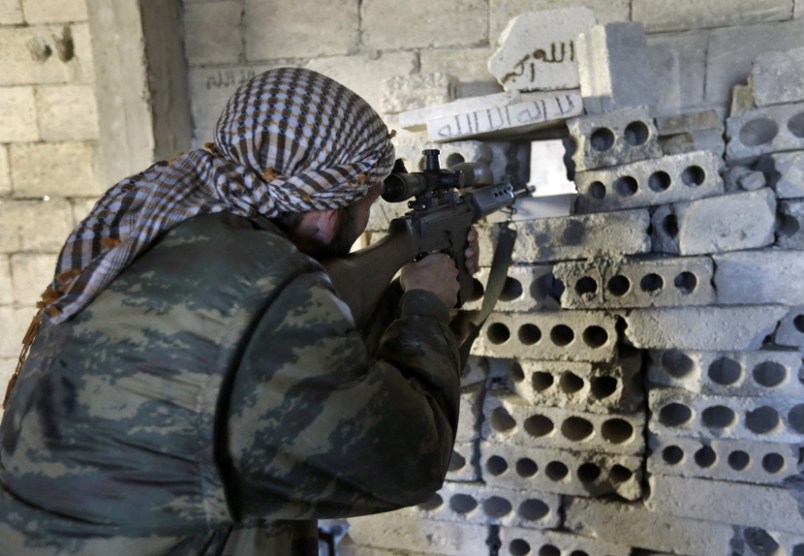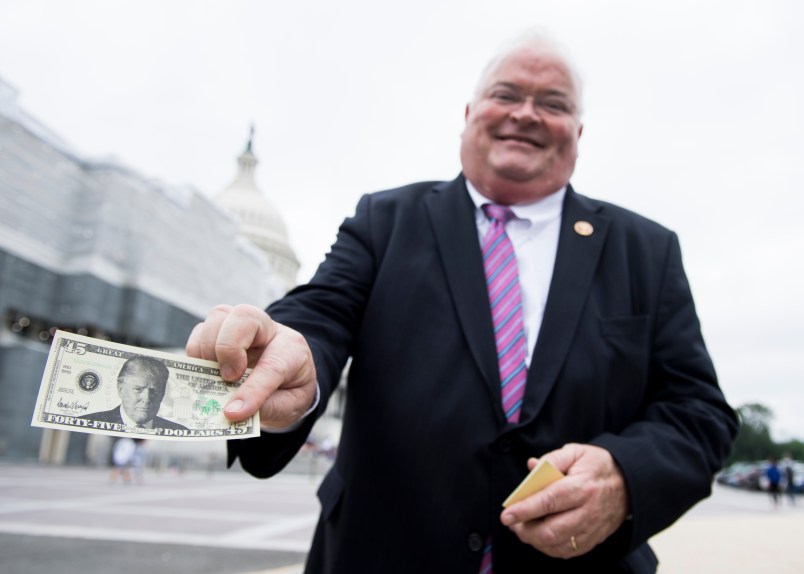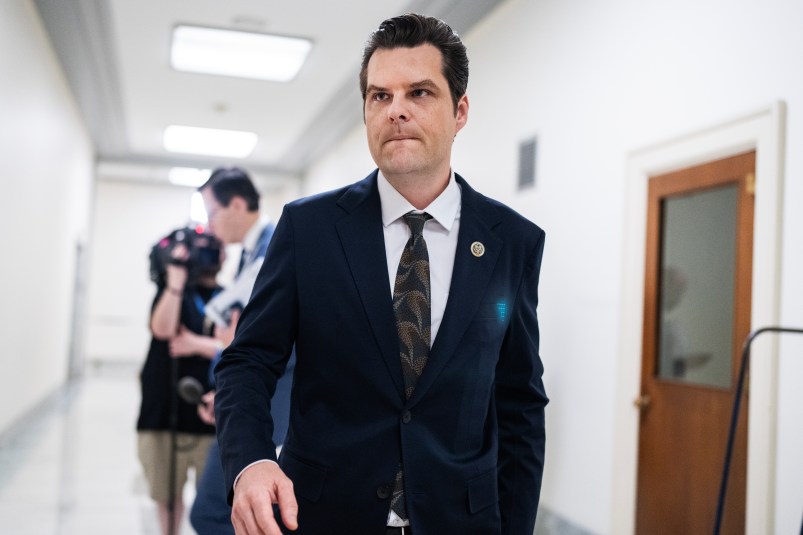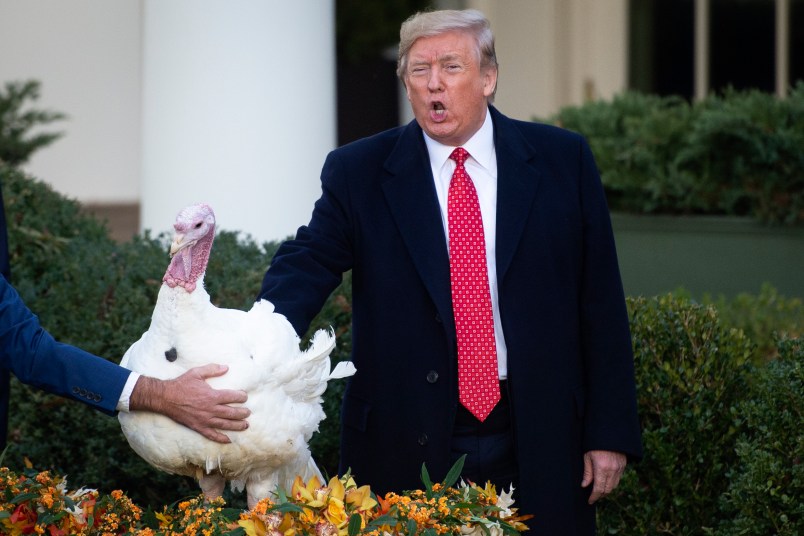BRUSSELS (AP) — Fears grew of a foreign-fed arms race in Syria on Tuesday as European Union countries decided they could provide weapons to the rebels and Russia disclosed that it has signed a contract to provide Syria with sophisticated anti-aircraft missiles.
Either development would significantly raise the firepower in the two-year civil war has already killed more than 70,000 people and sent hundreds of thousands fleeing the country, just as the key countries prepare for a major peace conference in Geneva that had been described as the best chance yet to end the bloodshed.
Russian officials criticized the EU decision Monday night to allow their arms embargo against Syria to expire, freeing its member countries to provide weapons for the outgunned rebels. Russia, which has been a strong supporter of the Syrian government, said the British- and French-driven decision undermined peace efforts.
Deputy Foreign Minister Sergei Ryabkov said Tuesday that Russia has signed a contract with the government of Syrian President Bashar Assad to provide it with state-of-the-art S-300 air defense missiles, which he said were important to prevent foreign intervention in the country. Ryabkov would not say whether Russia has shipped any of the missiles to Syria yet.
Ryabkov said Russia understands the concerns about providing such weapons to Syria, but believes that may “help restrain some hot-heads considering a scenario to give an international dimension to this conflict.”
EU diplomats have said Britain and France are considering providing equipment to the rebels, and Syrian neighbors Turkey and Lebanon risk being drawn into the conflict.
Ryabkov called the EU move to end its arms embargo “a manifestation of double standards” that will hurt the prospects for the Geneva talks, which are expected to happen in June.
In Damascus, a Syrian lawmaker on Tuesday also criticized the EU decision, saying that efforts to arm the rebels will discourage the opposition from seeking a peaceful solution to the conflict. The comments by Essam Khalil, a member of the parliament for the ruling Baath Party, were the first by a Syrian official.
U.S. Sen. John McCain, meanwhile, made an unannounced visit to rebel forces in Syria, putting more pressure on Assad to seek a negotiated settlement.
Copyright 2013 The Associated Press.










